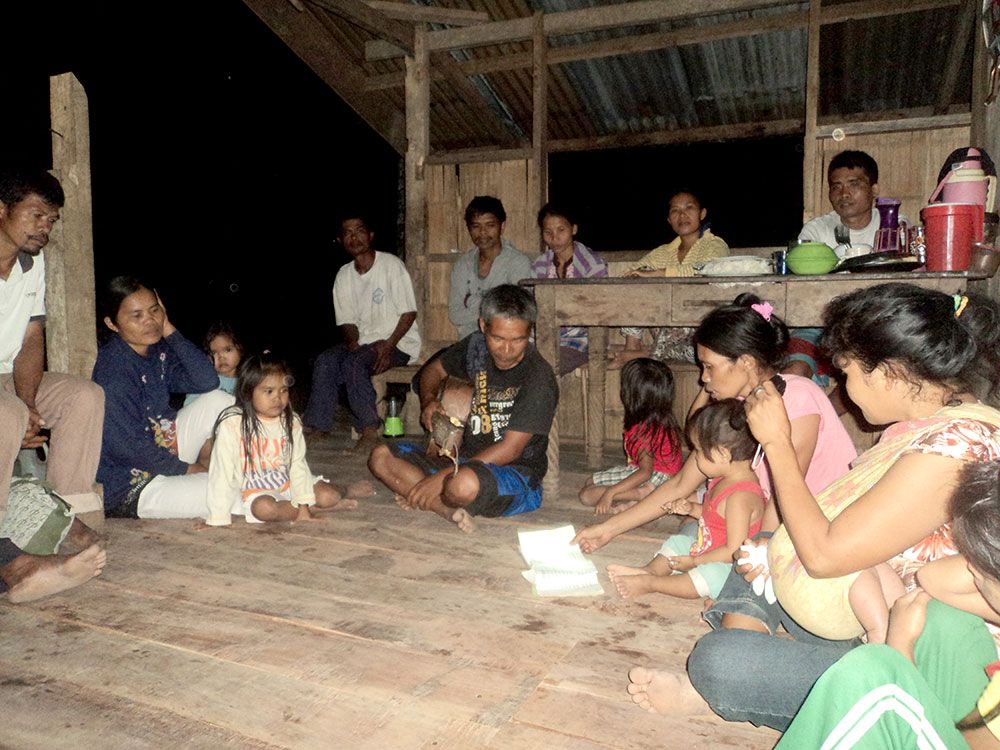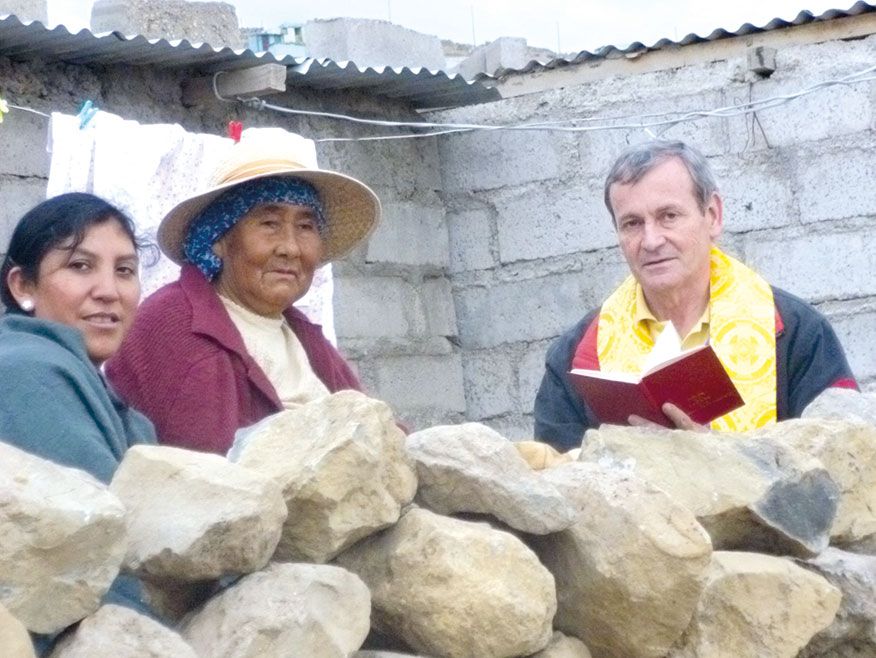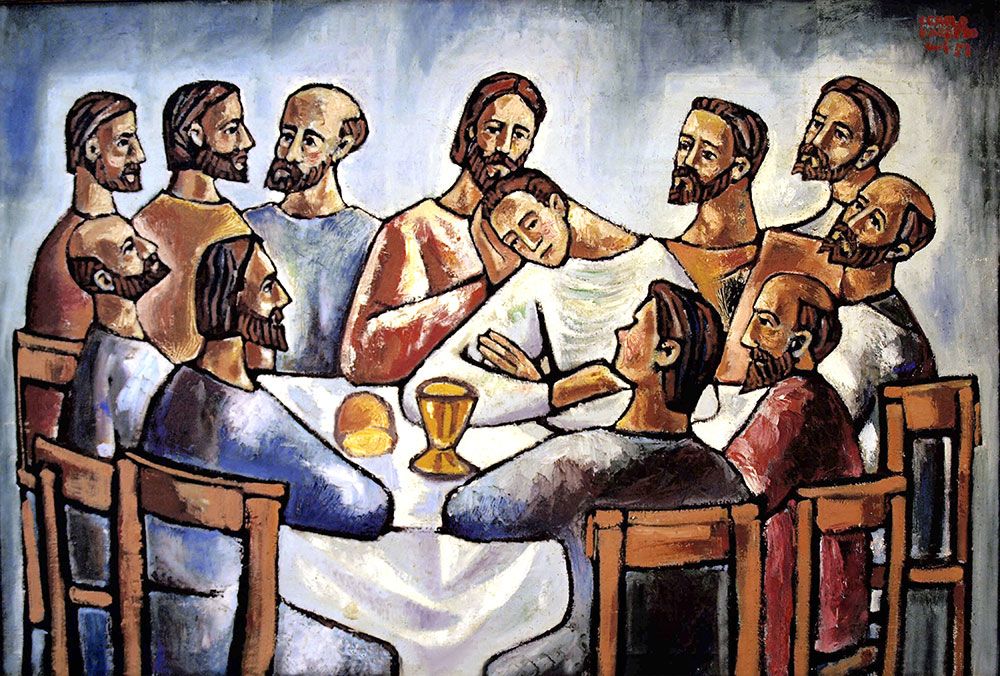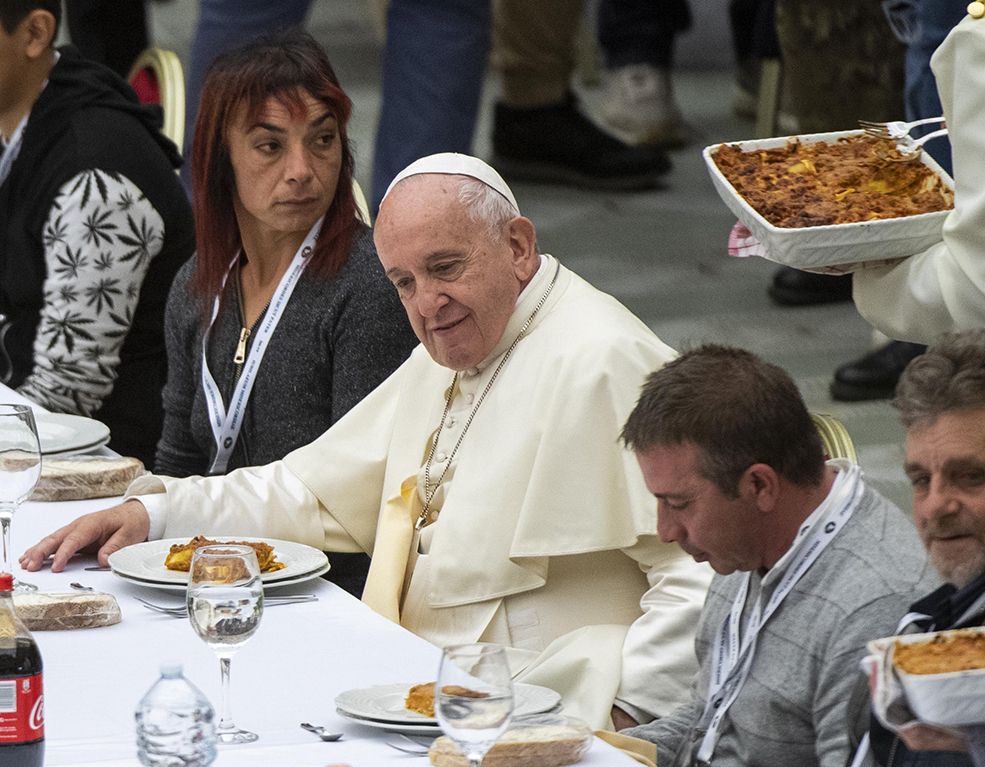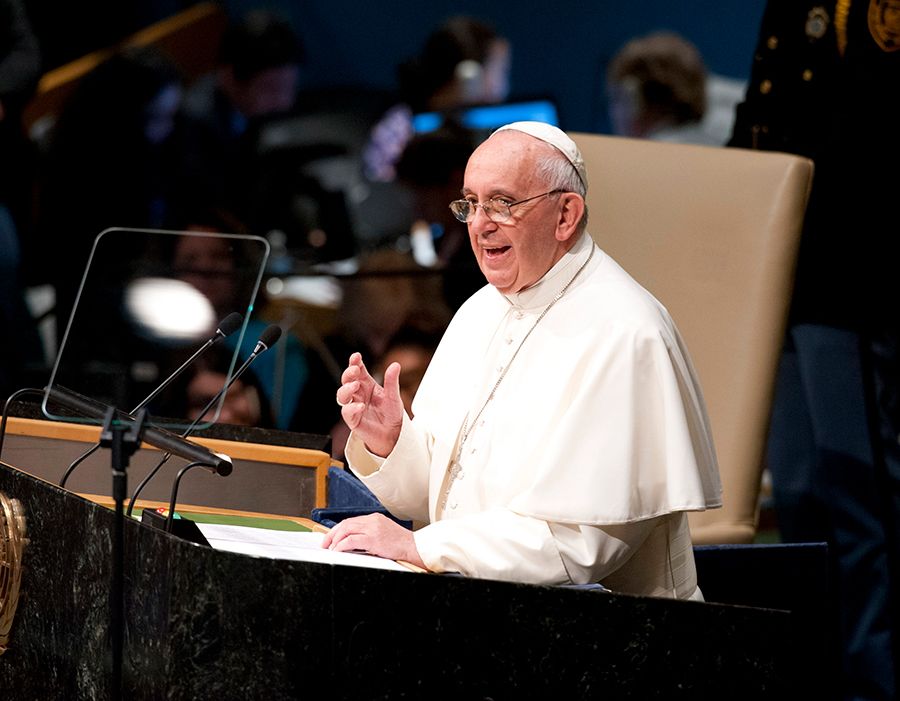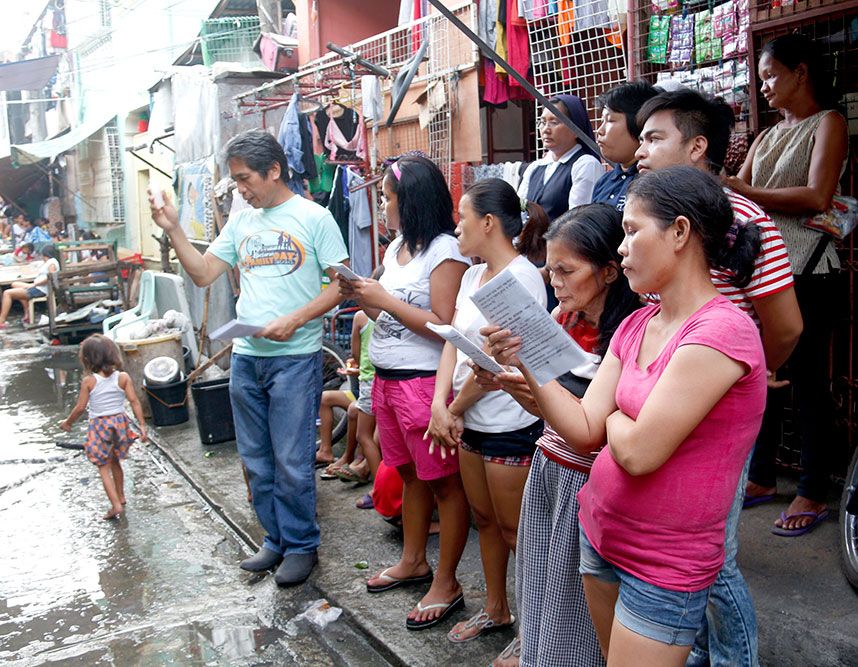To be able to understand fully what it means for the parish to be a communion of communities, it would be helpful to go back to the notion of the Church of Vatican II which is its basis.
This can be summed up in the vision of the Church as communion and as people of God: community of faith, hope and love, which reflects the communion that exists within the Holy Trinity; spirit-filled people of God that participates in Christ’s prophetic, priestly and kingly mission; a Church where the lay faithful actively participate in the Church’s mission by virtue of their baptism; a Church whose mission is not just spiritual but includes the social, political, economic, cultural dimensions.
This vision was adopted by the Second Plenary Council of the Philippines (PCP II) in the following terms: the Church is the community of disciples, living in communion and participating in the mission of Christ and is a Church of the poor.
The parish is a communion
The 1983 Code of Canon Law (Canon 515) describes the parish as: “a specific community of the Christian faithful established, in a particular Church (diocese) whose pastoral care, under the authority of the bishop, is entrusted to a priest-pastor, who is its proper shepherd.”
PCP II views the parish as not just a community but a community of communities: “A parish should be a dynamic Eucharistic and evangelizing community of communities, a center that energizes movements, Basic Ecclesial Communities and other apostolic groups and in turn nourished by them.” (n. 600-601)
In Evangelii Gaudium, Pope Francis likewise refer to the parish as “a community of communities…center of missionary outreach, environments of living communion and participation, and to make them completely mission oriented.” (n. 28)
Thus, the parish is regarded as a community of communities – a communion of communities – that is, primarily, a communion of Basic Ecclesial Communities.
This also includes other lay organizations, movements and associations (LOMAs) and Catholic institutions and religious communities that are in the parish although strictly speaking, these are trans-parochial by nature and not organic parts of the parish and are not under the direct authority of the parish priest. Nevertheless, these trans-parochial communities and institutions need to align themselves with the pastoral thrust of the local Church and the parish and collaborate in its implementation.
Basic Ecclesial Communities (BECs)
The BECs are local communities of Catholic Christians at the neighborhood and villages within the parish. The members are close to one another and relate to each other as friends, brothers and sisters in the Lord. They gather regularly to share the Word of God and live it in their daily life, to pray and celebrate their faith. They share their resources and find ways to help and serve one another and those who are poor and address their problems.
PCP II recognizes the BECs as expression of a renewed Church which includes communion: “Our vision of Church as communion, participation and mission, Church as priestly, prophetic and kingly people, and as Church of the poor, a Church that is renewed, is today finding expression in one ecclesial movement. This is the movement to foster Basic Ecclesial Communities.” (n. 137)
St. John Paul II describes BECs as part of the effort to decentralize the parish community and regard them as expressions and means for a deeper communion (Redemptoris Missio, n. 51): “How can BECs be genuine expression of communion? The members experience the bond of unity which is based on shared faith, celebrated in the breaking of the bread, concretely expressed in the sharing of material goods.” (Acts 2:42).
There are lots of celebration and table-fellowship in BECs – from simple common meals to fiesta celebration. The celebration of the Eucharist is more meaningful because it expresses and celebrates the life of communion – of unity, friendship, sharing and participation among members.
Sharing of resources
The sharing of time, talent and treasure is an essential expression of communion. This means practicing a spirituality of stewardship. This generates a spirit of volunteerism (sharing of time and talent). Some BECs adopt a modified tithing system (sharing of treasure) which is voluntary by nature. There are also mutual aid systems and income generating projects designed to help the members who are needy and even those who are not members of the community. Some BECs in the rural areas have set up communal farms. Many have organized cooperatives.
In the BECs, the members express their communion more fully as they unite and actively participate in fulfilling their threefold mission. This is the prophetic mission – of proclaiming and giving witness to the Word of God, the Good News, as well as denouncing the manifestation of evil in society. This is the priestly mission – through active participation in the liturgical celebration. This is the kingly/servant mission – of working for the kingdom, for justice, peace and the integrity of creation. This is a mission of social transformation.
The BECs carry out their mission within the parish, starting in their own neighborhood, in the barangay or village, in nearby communities. They go to the peripheries in the parish and reach out to those who are baptized but not evangelized, those who are nominal or seasonal Catholics, those who are alienated from the Church. They engage in dialogue with Christians from other denominations and those who belong to other religions.





